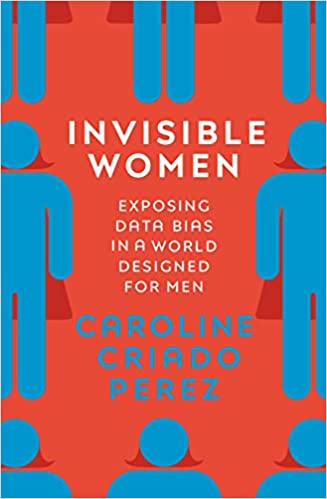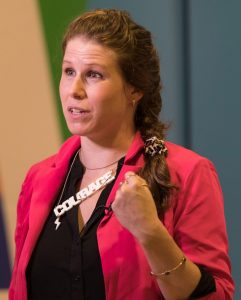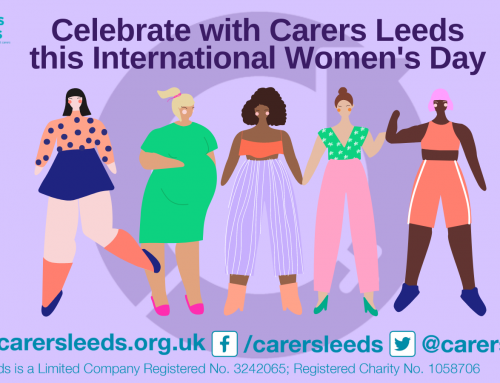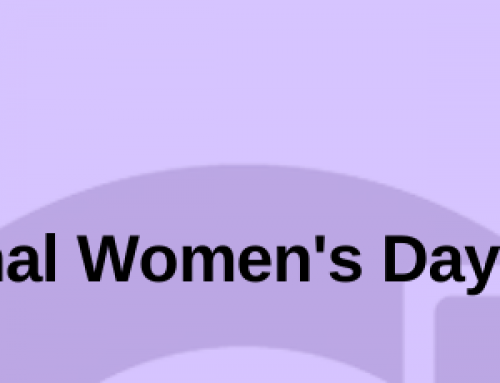 For International Women’s Day the co-leaders of Carers Leeds Equality, Diversity and Inclusion Book Club have reviewed the book choice of this quarter:
For International Women’s Day the co-leaders of Carers Leeds Equality, Diversity and Inclusion Book Club have reviewed the book choice of this quarter:
Invisible Women: Exposing Data Bias in a World Designed for Men – by Caroline Criado Perez.
Amazon Link to purchase this book.
Valerie
Eye Opening! Reading this book was an emotional rollercoaster to become aware of the data which rules women’s lives across the world. There are numerous examples of biases against women throughout the book. As a young girl and woman who has lived with the condition of Endometriosis, since the age of 15, it was upsetting to read about the toilet bias that women experience.
“According to the UN, one in three women lack access to safe toilets and WarterAid reports that girls and women collectively spend 97 million hours a year finding a safe to relieve themselves.”
“Women get up before dawn and then wait for hours until dusk to go out again in search of a relatively private place to urinate or defecate.”
“Human Rights Watch spoke to young girls working in tobacco fields in America and found that they would ‘refrain from relieving themselves at all during the day – aided by avoiding drinking liquids which increased their risk of dehydration and heat illness.”
Having safe toilets is a necessity for all genders but especially women and women with health conditions.
I would recommend this book but be prepared to be shocked and outraged!
Kai
When Carers are 75% women*, it makes sense for us to adapt the service to be accessible for women. As the book says, there is ‘no one size fits all’ when it comes to accessibility, and in particular this thinking often leads to women being excluded, instead of included.

Author: Caroline Criado Perez
Whilst reading this book I noticed it changed how I view the world around me and stopped me from internalizing emotions such as guilt or blame. For example, I’m a pretty anti-tech person, so when I struggle with smart phones I always presumed I was doing something wrong. This book shows most phones nowadays are not designed for women. So now when I struggle I stop to think “is this designed for me?” before proceeding, and look at how I could make it work rather than accepting something subpar.
Accessibility for women should not be at the expense of men. As the book outlines (and as we’ve already anecdotal seen) there are lots of men who are carers and concerned others, but either don’t identify as such, or do not feel able to reach out for help. This leads to another data gap, so there is a perpetual cycle of men unable to access a service because there are not enough men to help shape the service.
As much as I enjoyed this book, I wish it would have explored the experiences of different women. The book is not as intersectional as it could have been, lacking detailed data for trans women, working class women, disabled women, ethnic minorities, and women of all ages, all of whom we see in Carers Leeds.
If you want to be involved in the Carers Leeds Women’s Group please call our Advice Line on 01133804300 for more information or to book on. They meet the first Thursday of every month at 12 Tunstall Road, LS11 5JF.
After reading this book we will be looking at how to support women- particularly from minority backgrounds- more effectively and compassionately. Do you have any suggestions for how to make our service more inclusive and accessible? Email kai.markanday@carersleeds.org.uk with your ideas.
*statistic from Invisible Women






Leave A Comment